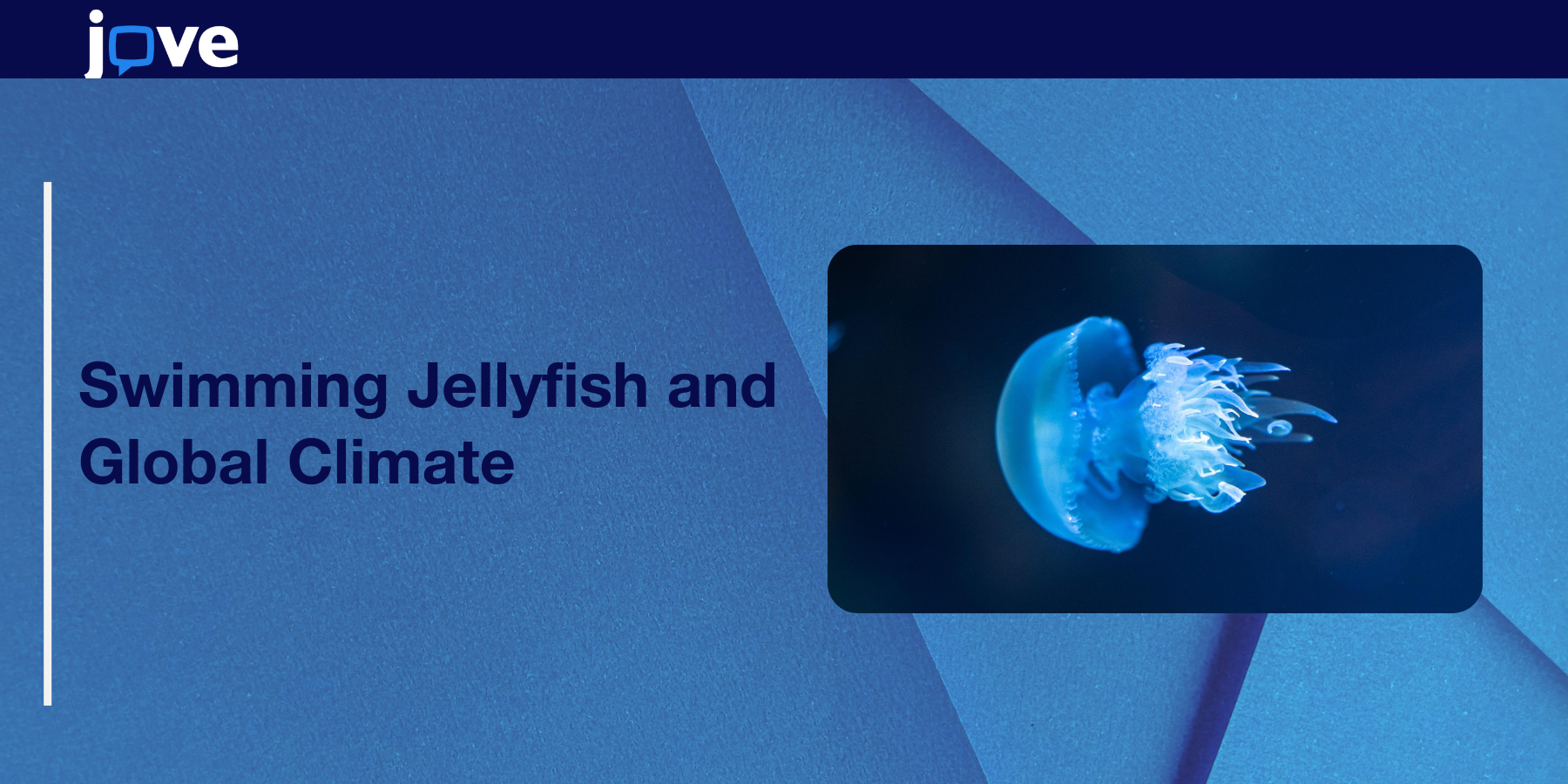Swimming jellyfish and other marine animals help mix warm and cold water in the oceans and, by increasing the rate at which heat can travel through the ocean, may influence global climate.
The controversial idea was first proposed by researchers out of the California Institute of Technology in 2009, but new information may help the scientists support their claim.
Dr. Kakani Katija Young, who worked on the original paper, and her team at the Woods Hole Oceanographic Institute published an article in JoVE yesterday, explaining how to use a Self-Contained Underwater Velocimetry Apparatus (SCUVA).
The apparatus is used underwater at night to light up animals, like jellyfish, swimming in the ocean. It also illuminates the particles around the animals, showing how the animals move the water around them when they swim.
The particles show how the animals push the water and the combined effect of all the animals swimming in concert may have an impact on ocean climate on the same order of magnitude as wind.
Though the apparatus was used in the original research, Dr. Young is publishing the more experimental technique now in the hopes that other scientists will use it to gather more evidence supporting her theory.
"We felt that it is such a powerful tool that isn't being used in the community," she said. "And I feel that people learn so much better from visual material than they do from just reading text."

